By embracing empathic listening you can elevate your relationships to a new level with an understanding that is real. Uncover 6 key ways to improve how you communicate effectively with other people.
What Is Empathic Listening?
Empathic listening is a way to help heal others through the quality of your presence and attention. You consciously give your time, focus, and compassion to someone who needs to be heard. You slow down to be fully in the moment without distractions.
No checking messages, being on the internet, watching television, scanning the room, or taking calls. You are quiet. You are attuning. You are present.
As a psychiatrist, I’m a trained listener. When patients consult me, I’m able to listen to them on a deeper level by utilizing my intellect, my intuition, and empathic abilities. This is very gratifying to me as it allows me to understand what they are experiencing on a deeper level.
To empower my empath patients, I teach them to listen to their inner voice and set boundaries with difficult people so their empathy can be a source of strength, love, and vitality rather than “disease.”
Read more here: 8 Ways To Build Self Empathy And Stop Beating Yourself Up
Empathic listening is very different from talking. It is a quiet, non-verbal exercise in cultivating presence and showing undivided attention. This is also known as “passive listening,” which is different from “active listening” where you ask questions and discuss what the person shared.
How To Practice Empathic Listening? 6 Key Things To Know
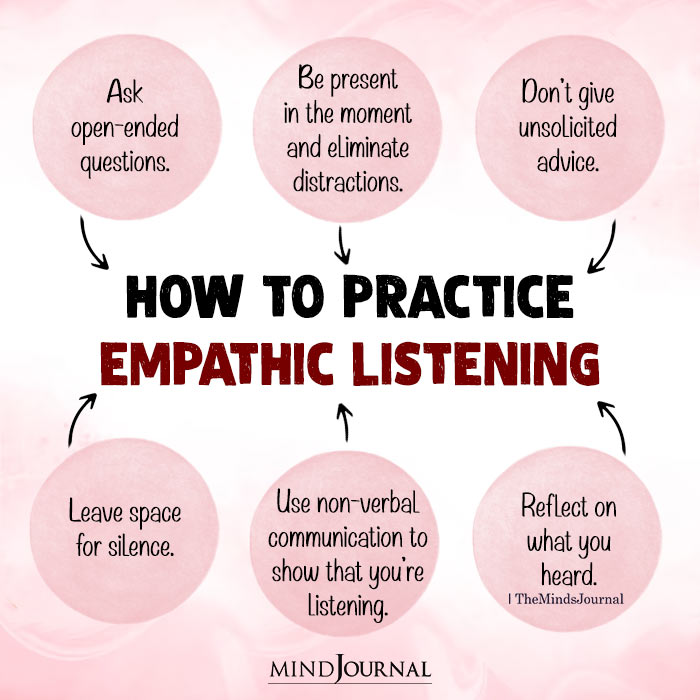
Here is an overview of the main points to practice empathic listening. You can learn additional techniques in my book The Genius of Empathy.
1. Stay Neutral, Bear Witness
As a listener, you bear witness to another’s distress. You are caring, while offering a few supportive smiles, nods, or words.
2. Cultivate Acceptance
Try to be tolerant of ideas that may be different from your own, that you haven’t been exposed to before, or reasoning that makes you uncomfortable.
Read more here: Mirror Touch Synesthesia: Can You Feel What Others Feel?
3. Set a Time, Place, and Time Limit
Keep in mind that you don’t have to listen to everyone in need, as many caring people tend to do. Choose who you listen to and for how long.
4. Stick to One Topic
Agreeing on a topic keeps you focused. If a sharer tries to cover a list of problems, it can be unproductive and overwhelming for both of you.
5. Listen to Your Intuition
Listening to your intuition can help you determine a person’s inner state. It is a nonverbal way of being empathic.
6. Bring the Conversation to a Close
When you’re nearing the end of the agreed-upon listening time, you can gently remind the sharer that it is almost time to stop.
As you begin to practice empathic listening, simply offer the recipient a supportive, nonjudgmental presence. Allowing time to listen to someone gives them space to express themselves.
People also enjoy sharing happy moments and breakthroughs. Listening to these is a way of sharing positive energy and a sense of celebration with each other.
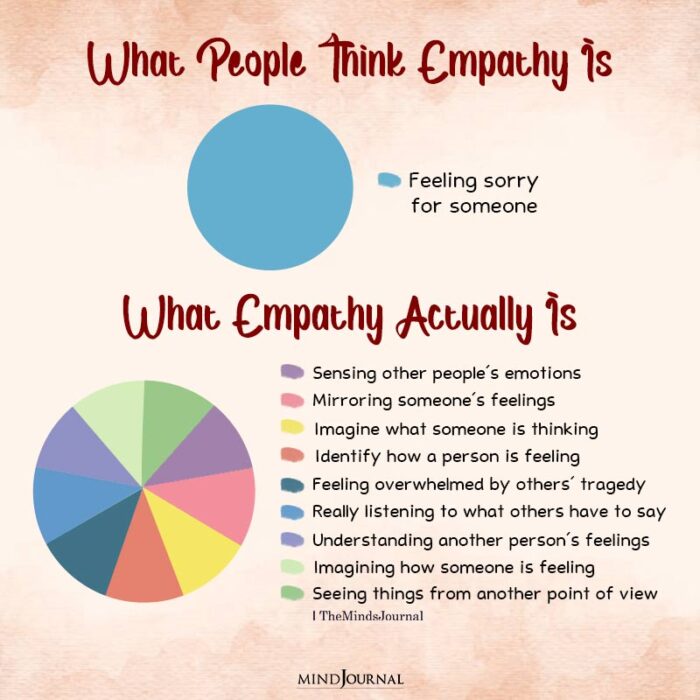
Read more here: How To Be A Better Listener With The 5 Levels of Listening
Excerpt from The Genius of Empathy (Sounds True ©2024) Judith Orloff, MD.
Take your relationships to the next level by embracing empathic listening. Share your thoughts about it in the comments below!
Written by Judith Orloff
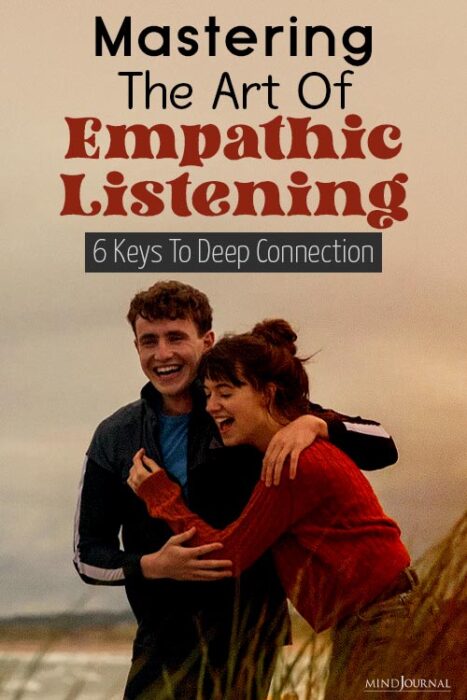
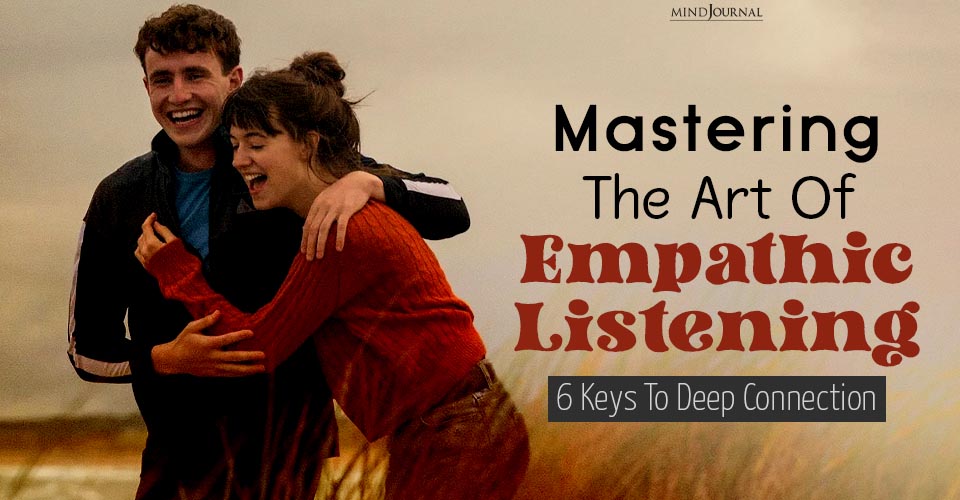






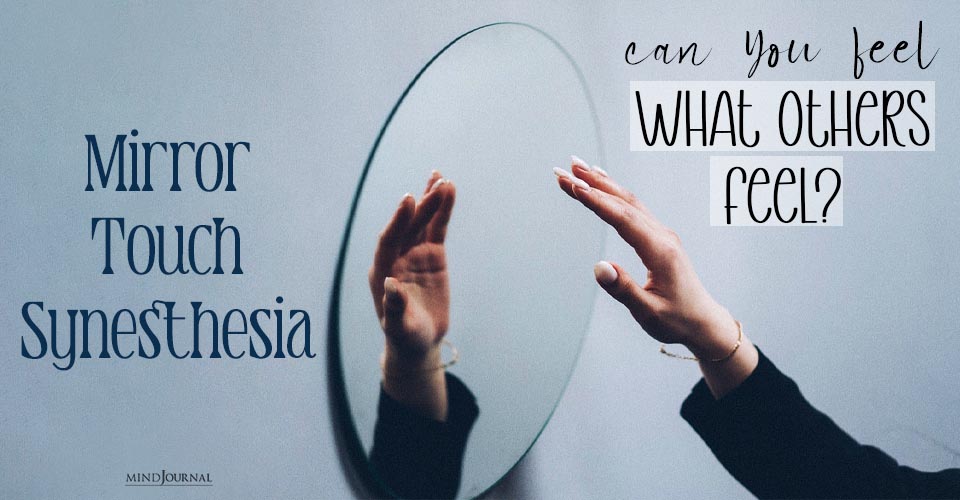






Leave a Reply
You must be logged in to post a comment.